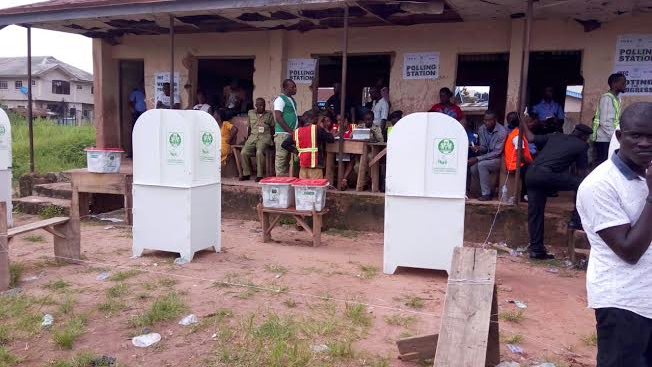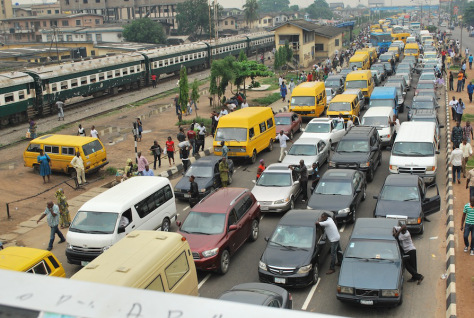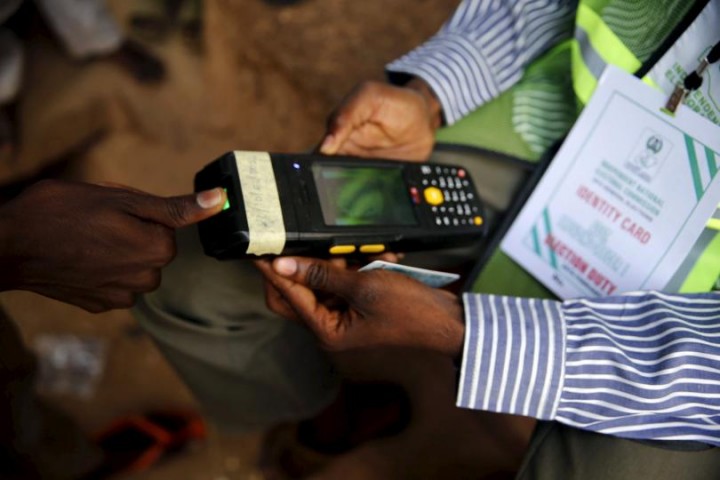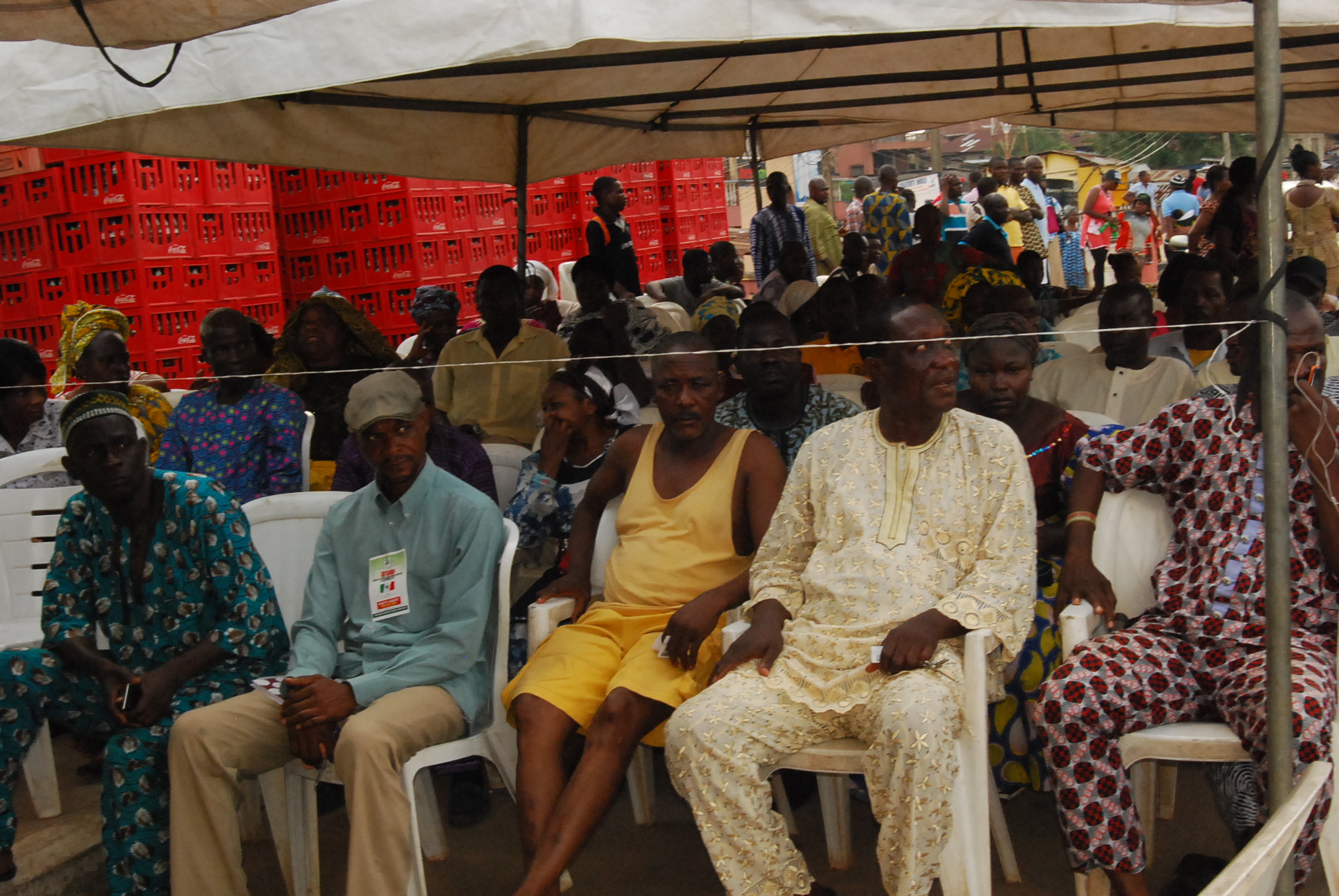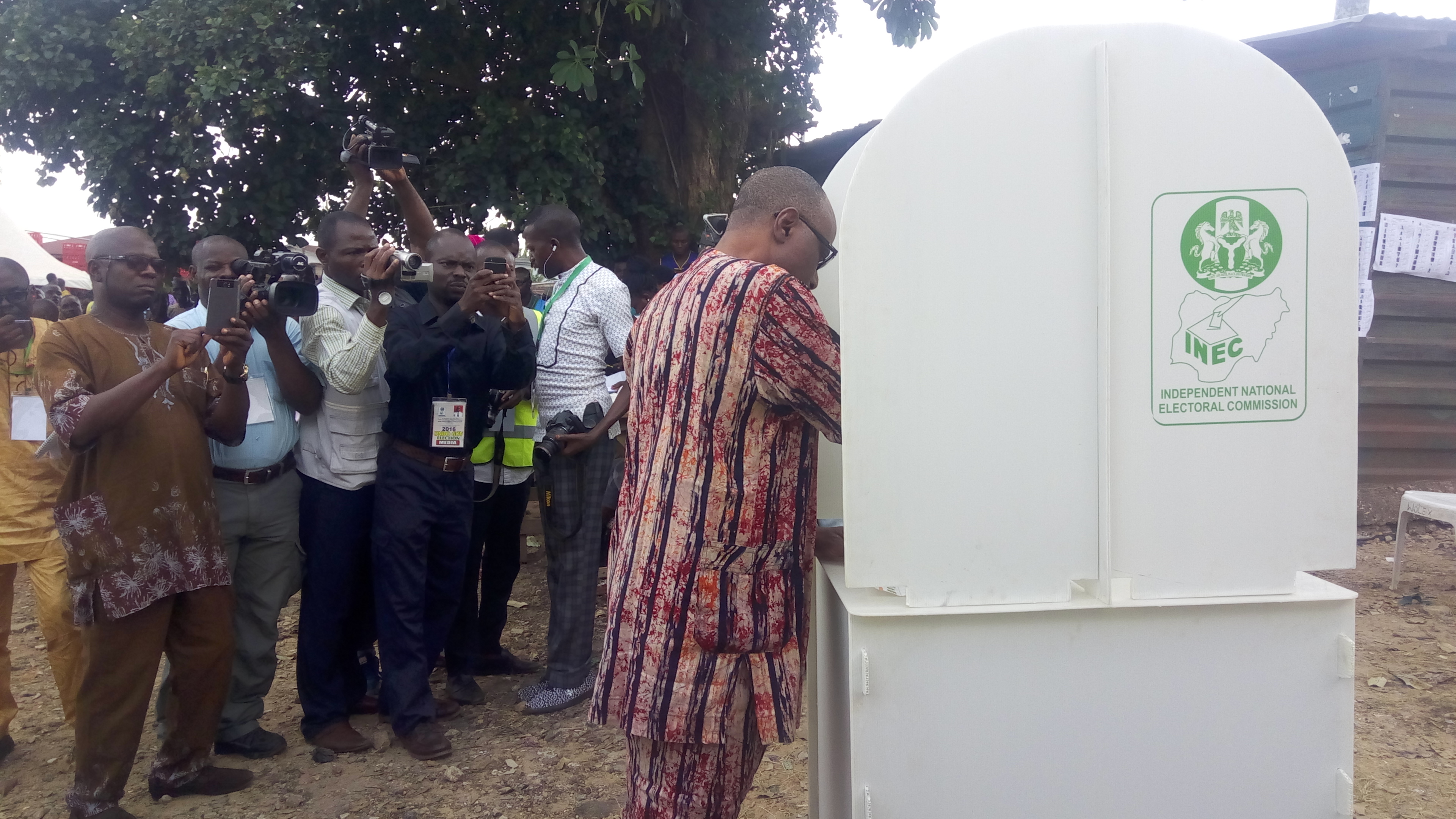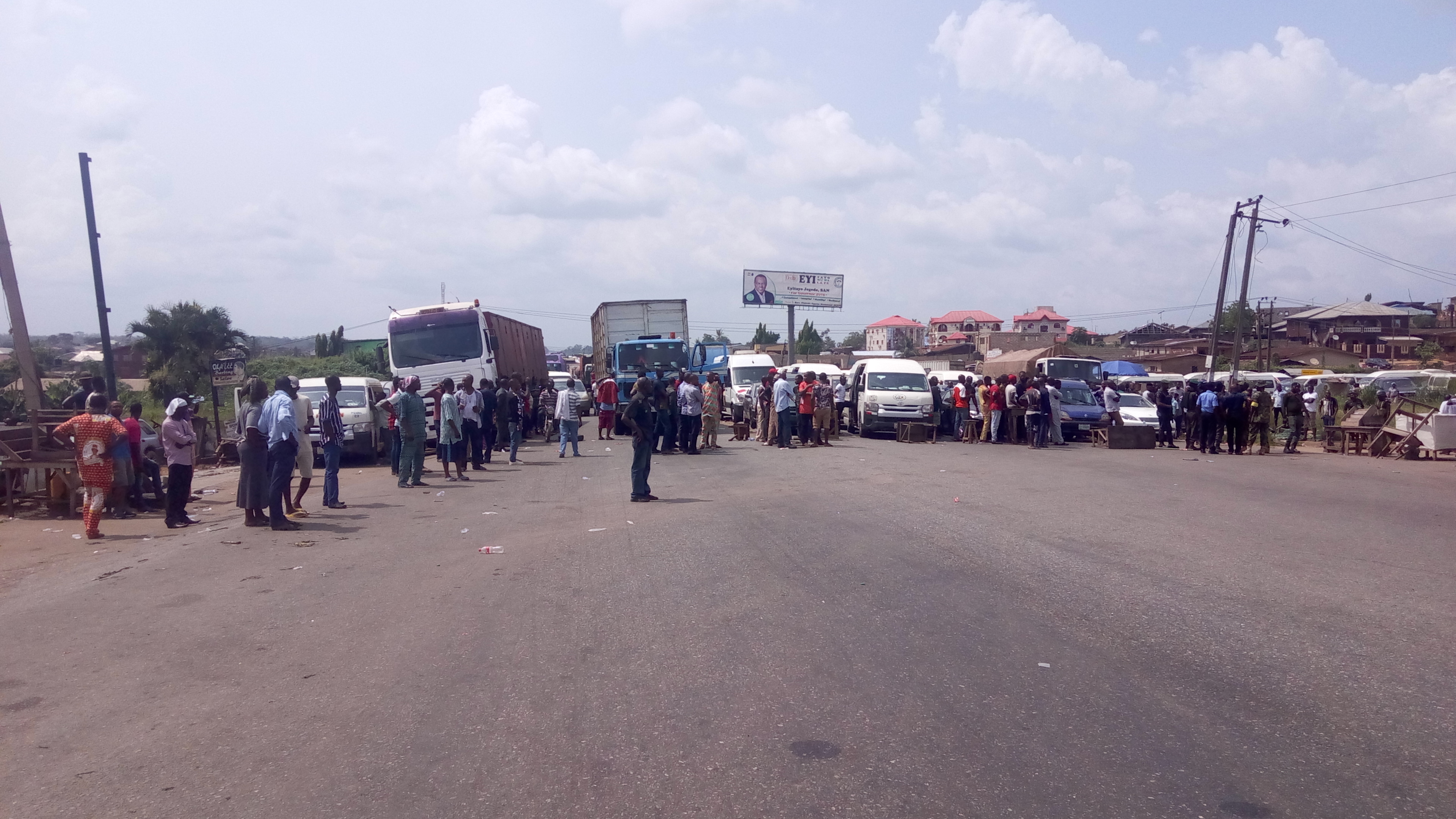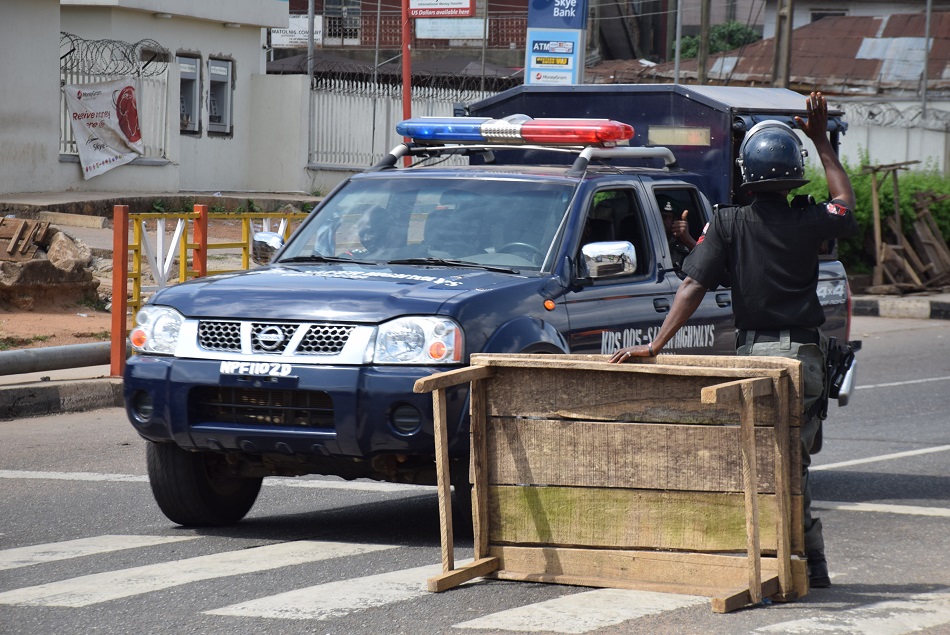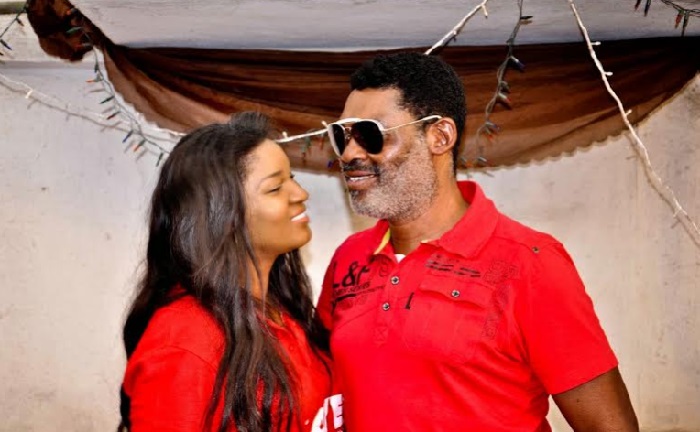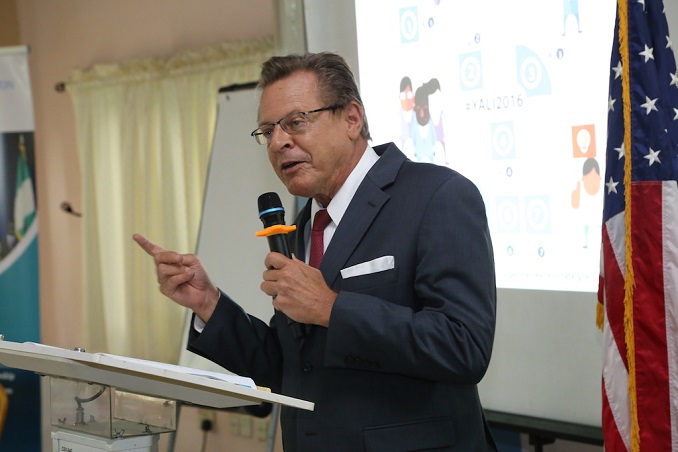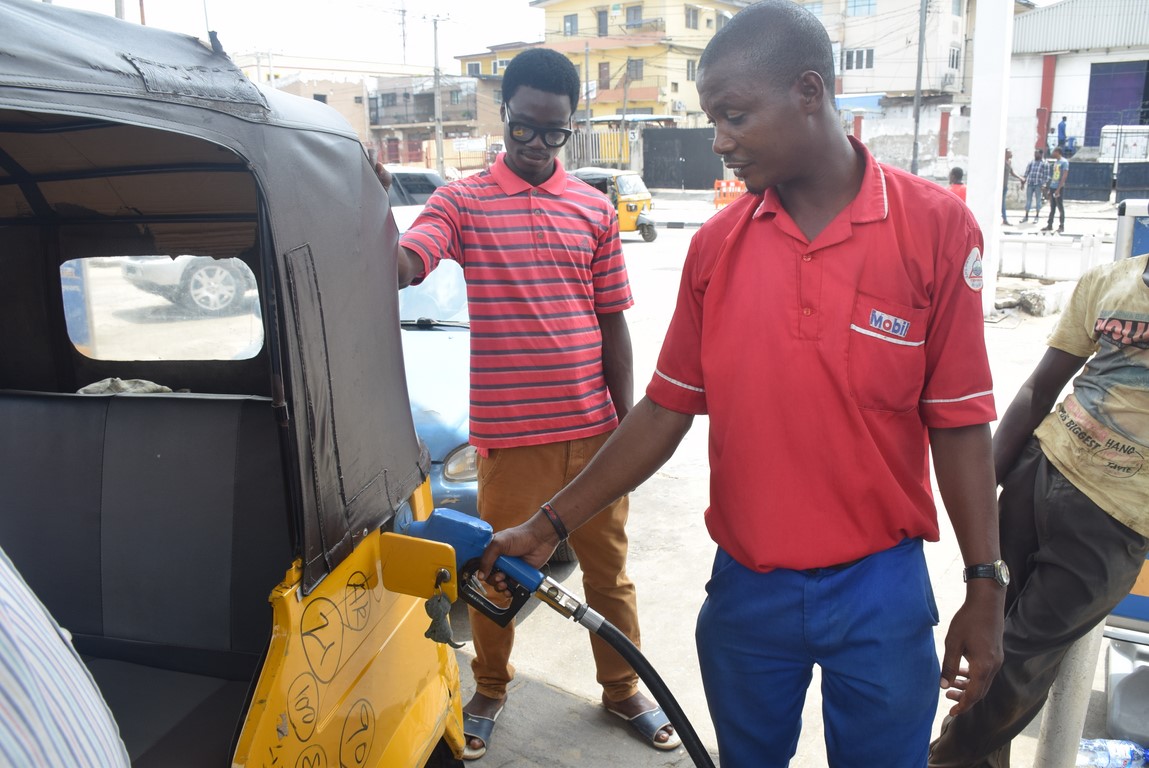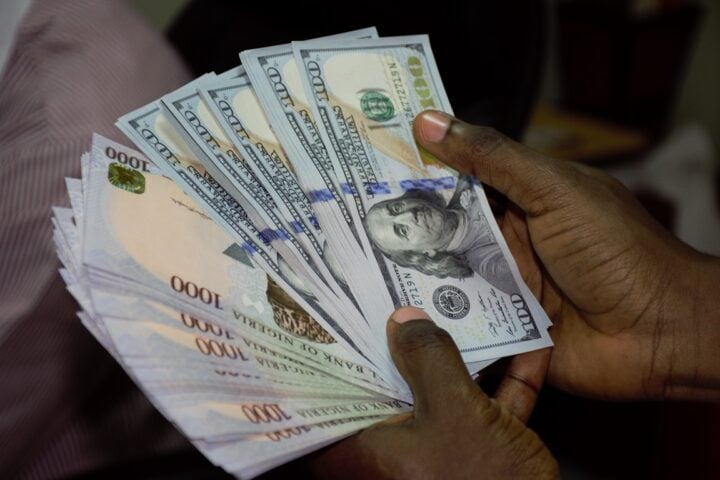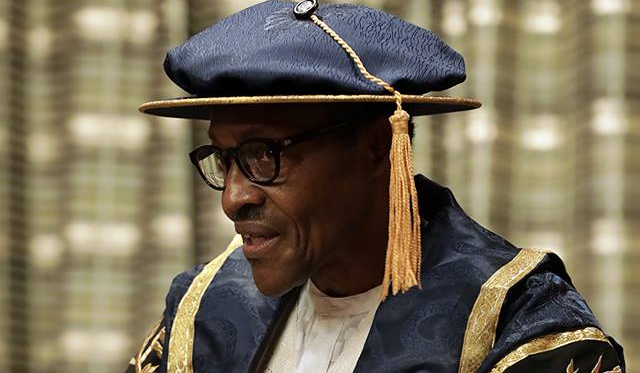The assassination of a chieftain of the All Progressives Congress (APC) just two days before the Ondo state governorship election created tension across the state. He was reportedly killed in Owo, the hometown of Rotimi Akeredolu, after attending a meeting of his party.
I was making arrangement to cover Owo when I heard the report on radio. Quickly, I put a call through to Shola Ilesanmi of Orange FM, Akure, who gave me more details. It meant I shelved my plans to visit Owo.
I was no stranger to reporting from violent-prone areas. During the Bayelsa state governorship election, I went to Southern Ijaw local government area despite the outbreak of violence, and even crisscrossed the length and breadth of Ikwerre local government, which also was a hotbed of violence during the election in Rivers. This time, though, I was sure Owo was no-go area.
TELL THE STORY, DON’T BE THE STORY
Advertisement
This could be as a result of some troubling signs. I saw the first red flag on Thursday when I left Lagos. Right in the middle of the road at Along Bus Stop in Ikeja lay a lifeless body. The victim, who should be between 13 and 15 years old, must have been knocked down by a vehicle. Why was I confronted with this sight on a day I was travelling a reasonable distance? To think I had not seen anything close to that in the last two and the half years that I had been taking that route to and from the office.
Secondly, my wife told me that she was having a strange feeling. In as much as I typically don’t give in to superstitions, I decided to just follow my instinct. I enjoy my job as a writer, reporter and real-life story teller, but I didn’t want to end up being the story told.
In a nutshell, I resolved to monitor the election in Ondo town and Okitipupa. Before leaving for Ondo town on Saturday, I went round some polling stations in Akure and observed that there was voter apathy. Since it was still early in the day, I concluded that I could not give a definite assessment.
Advertisement
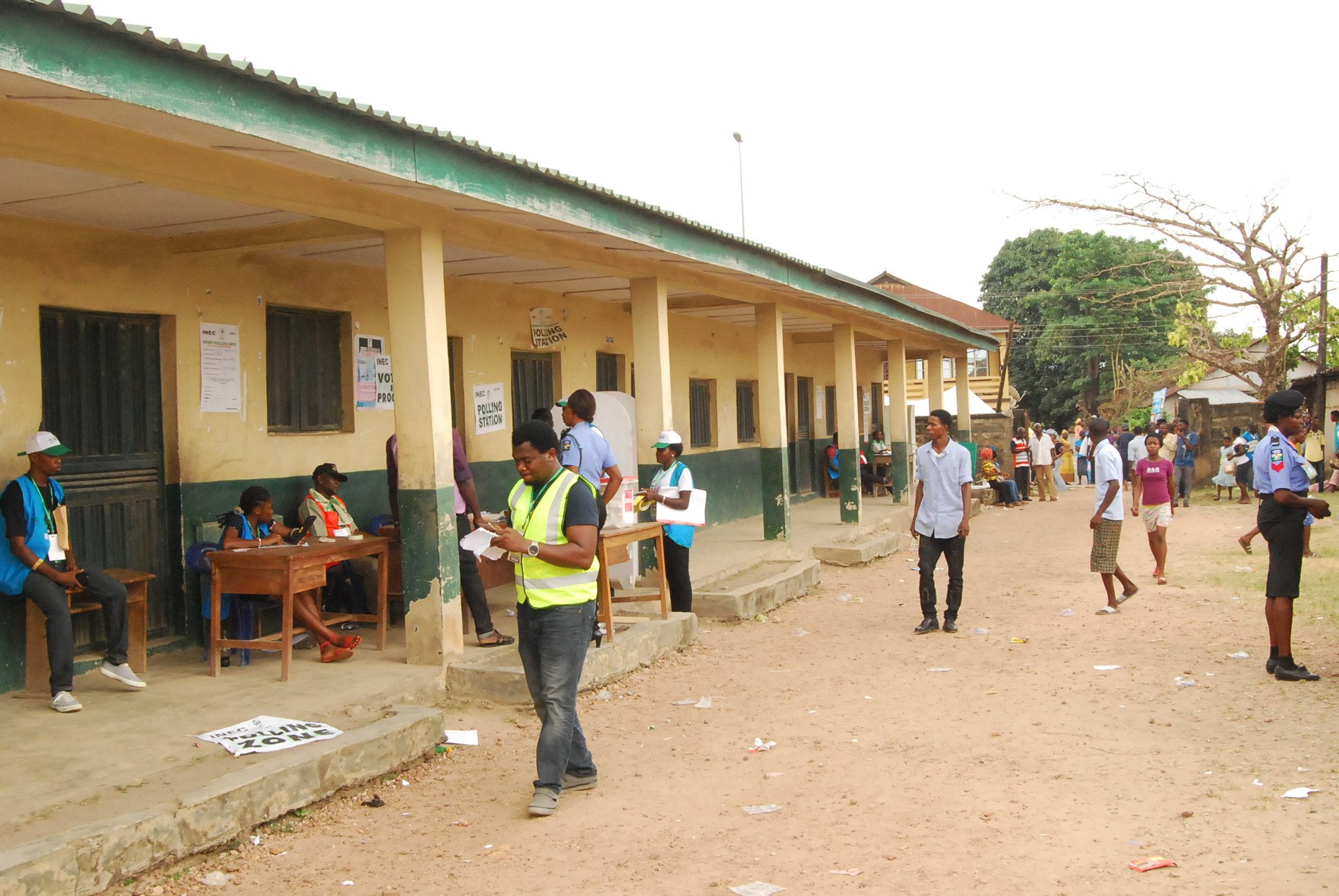
En route Ondo town, I stopped at a roadside primary school in Bolorundro, a community in Ondo east local government area. The school had three polling stations and an adequate number of security personnel on ground. The electoral officials executed their jobs in an orderly manner.
Next was St. Paul Primary School, Wasimi, in the same local government, and things were also going smoothly. From there, I headed to Polling Unit 20, Ward 7, under Mango tree, Agbogbo Oke street, Ondo West local government area, where Olusegun Mimiko, governor of the state, was to vote.
REPLACE THE REPLACEMENTS!
There were two polling units there, and another one adjacent the open field. I met Fadekemi Joshua, a lady who said she had been there since 7am but was being frustrated by the card reader of the Independent National Electoral Commission (INEC), which failed to capture her biometrics.
Advertisement
After waiting for two hours, she left in frustration since the officials did not let her fill an incident form. Hers was an isolated case, as the exercise was halted at Unit 19. None of the card readers functioned; even their replacements still malfunctioned, and the voters started leaving in droves.
Like the case with Samsung’s Note 7, INEC needed to replace the replacement!
INEC’S UGLY LIES
When the governor arrived one hour later, the card reader failed to recognise his thumb impression. It therefore came as a surprise when INEC said only 11 card readers malfunctioned, as observations showed this was a pure contradiction with what obtained on that day.
Advertisement
Mimiko came in an unusual manner; his convoy did not have the usual exotic cars that governors are known for. Dressed in a native attire and spotting fanciful footwear, Iroko, as he is known in political circles, exchanged banters with his people. But one could sense that he was nervous. After collecting his ballot paper, he made for the booth, trailed by cameras. He turned left and right before saying: “It is called secret ballot”. Journalists, who took the joke for what it was, refused to keep a distance.
Advertisement
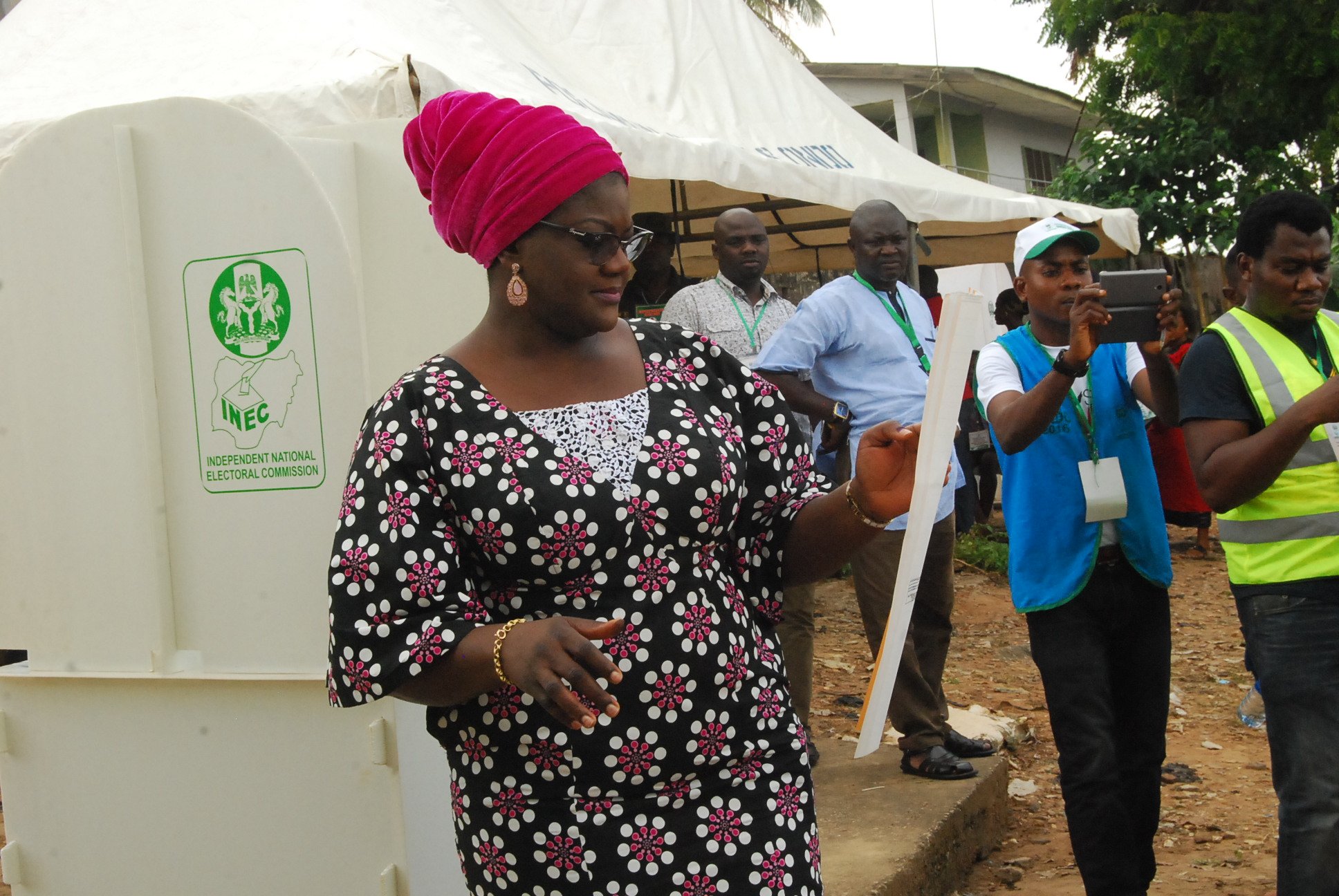
After casting his ballot, he walked a few miles to address the media. His wife, who was uncomfortable with his closeness to the ballot box, advised him to move a distance, but Iroko only took a few steps. He obviously had a lot on his mind. Not convinced, the good-looking woman had to quip: “Mr. Governor, please you are too close to the box.” Finally, he left.
VICTORY BELONGS TO THE RICHEST
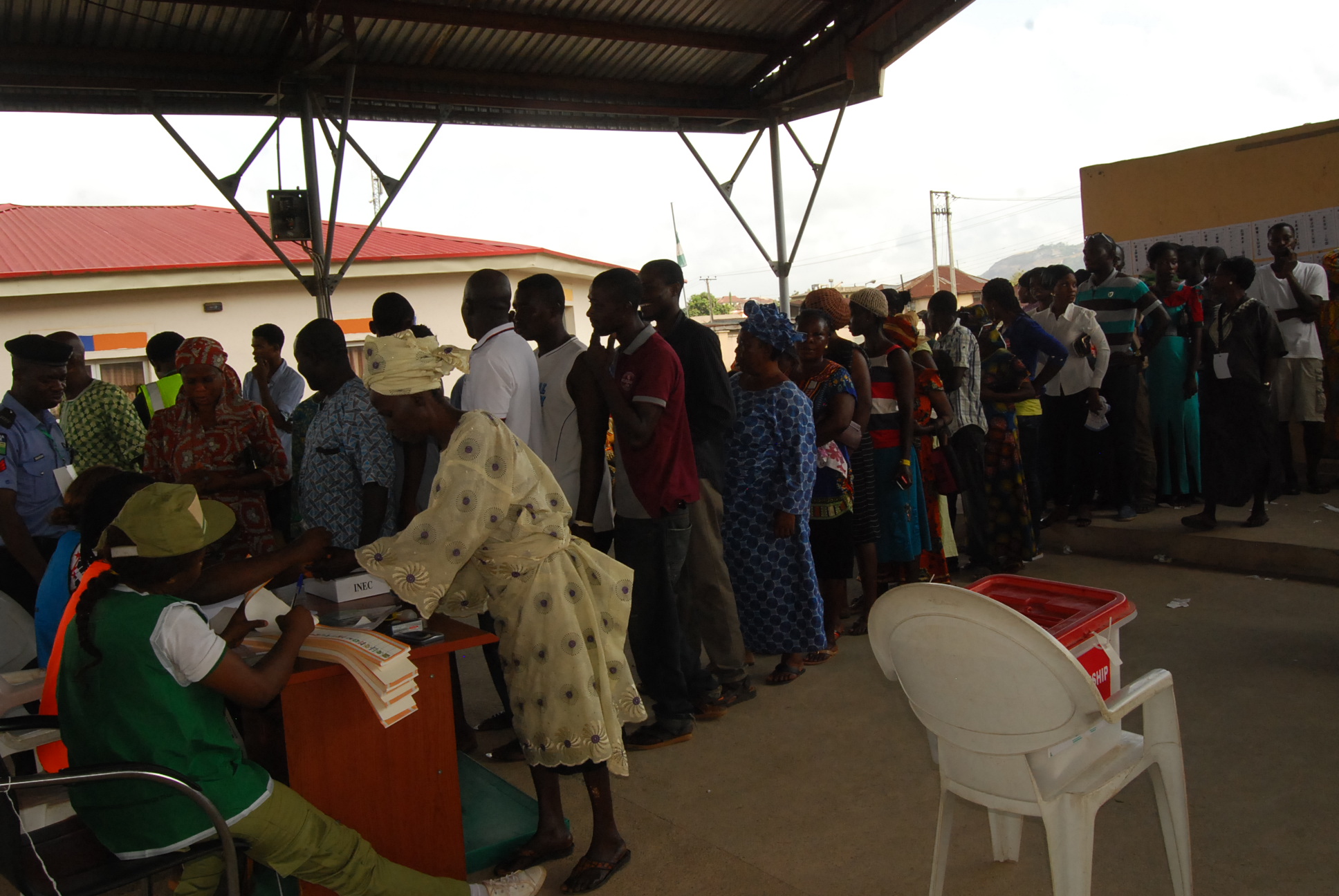 Responding to a question on inducement of voters, Mimiko said anyone caught giving money to the people should be arrested. “Distributing money at polling unit is against the law. Anyone caught should be accosted and dealt with in accordance with the law.”
Responding to a question on inducement of voters, Mimiko said anyone caught giving money to the people should be arrested. “Distributing money at polling unit is against the law. Anyone caught should be accosted and dealt with in accordance with the law.”
Advertisement
I laughed as the exact words of his wife, “Mr. Governor”, resonated within. Politicians say one thing and do the other. Money was a decisive factor in the election. In fact, a strong argument can be made that the highest bidder carried the day. Shortly after the result was declared, a top political figure in Ondo admitted that financial inducement played a huge role in the exercise.
“The votes were purchased no doubt about that, but the people are no fools. Our prayer is that God who made them vote for us should allow us meet their expectation because if Akeredolu fails, that’s the end. This is our chance to buy back the trust of the people,” he said.
Advertisement
“Any party that says it did not spend money is only living in denial; we were all involved.”
There were different reports about how the people were deceived into selling their destiny for a mess of pottage, but it was clear that the media spotlight on the inducement in Edo made the politicians re-strategiee, as it was done outside the prying eyes of the public.
The three leading parties struggled to outwit one another in the race, but no miracle could have made the two others match the financial war chest of the ruling APC. Governors, ministers, and top party chieftains flew into Akure to support Akeredolu. Apart from Kayode Fayemi, minister of solid minerals, other bigwigs ran their affairs privately.
A top security personnel confided in me that a certain northern governor arrived in the town on election eve. He even gave the location of his hotel, but the spokesman of the governor denied it flatly. “Please count us out of that wicked rumour!” he said in response to an inquiry.
STRANDED BENIN-ORE ROAD USERS
Around 11am, I received a call from Victor Akhidenor, a former colleague, who was stuck in Ore on his way to Lagos from Enugu. He had called to find out if I was in the state, and I responded in the affirmative. He hinted me that the expressway had been blocked because of the election. “If your country continues this way, then it wouldn’t make progress,” he spoke in anger.
If that comment came from Dyepkazah Shibayan, another colleague, I could have thought he was mocking me because he’s always had the option of returning to Europe. But, Akhidenor, we are in this mess together, so I laughed him off.
Upon identification, the barricades mounted by security personnel were cleared for the vehicle conveying me, but not in Ore. The soldiers might have been brought from Sambisa because they would not even listen. Okitipupa was on the other side of the road, and here I was trapped by armed security personnel. I contemplated going back halfway, but the driver suggested we went through a filling station by the road side.
The local guards mounting the first entrance were surprisingly friendly, so we had access, but right in the middle came a dark, slim, tall guy who introduced himself. “Where una dey go?” he barked. He did not even respond to greetings. So I flashed my tag and stretched my right hand, then he shook me without even looking at me. “Oga you say you be journalist, why you come they pass illegal route? Go meet soldiers make dey open the road na. Why una dey disturb us here?” After moments of back and forth, he caved in and we crossed over to the other side, where I conducted brief interviews.
I spoke to Ben Okon, whose final destination was Akwa Ibom; Joe Ezugwu, who was going to Onitsha for a burial ceremony; a man who only identified himself as Sunday said he was taking a sick relative to the village in neighbouring Edo. There was lamentation upon lamentation.
It’s not all tales of woe, as hawkers took advantage of the situation. The woman who sold water to me said she had the 10th batch on her head, and it would have taken three days to dispose of the items she sold within few hours.
LIKE APC, LIKE PDP
The first check point at Okitipupa was where I noticed yellow bands on the right arms of soldiers. Later I saw them across the state. Ekitigate flashed through my mind. Government is more or less the same in my own estimation. Both APC and PDP governments postponed elections for reasons best known to them. Some officials of the past administration are standing trials for the roles they played during the 2015 election, but I can categorically say that if a new government comes in and decides to toe the path of President Muhammadu Buhari’s administration, not a few will walk away.
But Ojo Adenegan, army public relations, 32 Artillery brigade, Owena cantonment, said the bands were used to identify soldiers posted to the state for election.
“We heard that politicians were planning to recruit fake soldiers, so we used the bands to identify those deployed for election duty,” he said.
By the time I got to Okitipupa, results had started trickling in. I touched communities like Igodo Lisa, Igbokoda, where I savoured the best pepper soup of the year. The fish I ate in the town, bordering Ugbo, which is presided over by Obateru Akinrutan, one of Africa’s most influential monarchs in terms of wealth, made me return to ‘Omi Eja’ in Akure after the assurance of the driver that there was nothing unusual about what I tasted. However, I was disappointed in the end.
In all, the election was to a large extent peaceful. There were skirmishes here and there, but no life was lost as far I know. The welfare of policemen was nothing to write home about. The situation turned some to beggars. I lost count of the number of times policemen sought for alms at checkpoints. “Oga anything at all go do,” one said at a roadblock in Ilaje local government area. A colleague shared the experience of how three officers who were in the same vehicle with him on his return trip to Lagos complained all through.
Just yesterday, I read a report of police officers staging protests over the poor welfare in the election. Police authorities later issued a statement to debunk the report.
Ondo election has come and gone, but the memory lingers. From what I can say, the state has one of the best road networks in the country. One could drive hours on without running into ditches. Mimiko’s opponents said his predecessor should take credit for that, but what matters most to me is that the people can boast of roads.
The trip also opened my eyes to the fact that we are all human beings. While the journey to Ondo was tortuous, the return trip was smooth. Traffic gridlock, and trembling moments. My colleague, Ibrahim Mansur, who was my companion on the trip, takes life as it comes. I remember once we were involved in an argument and he said he was not afraid of death. But Ibrahim was rattled on our way to Ondo one moment when a reckless driver swerved unexpectedly, forcing our driver who was on high speed to apply brakes, he muttered: “Subhan’Allah!” There were several of such moments in the journey, but thanks be to God for safety.
Add a comment

